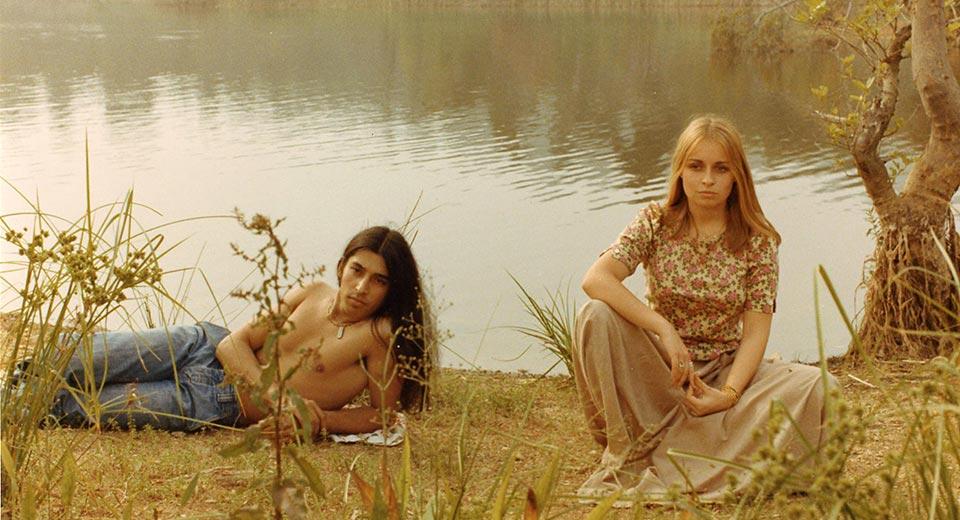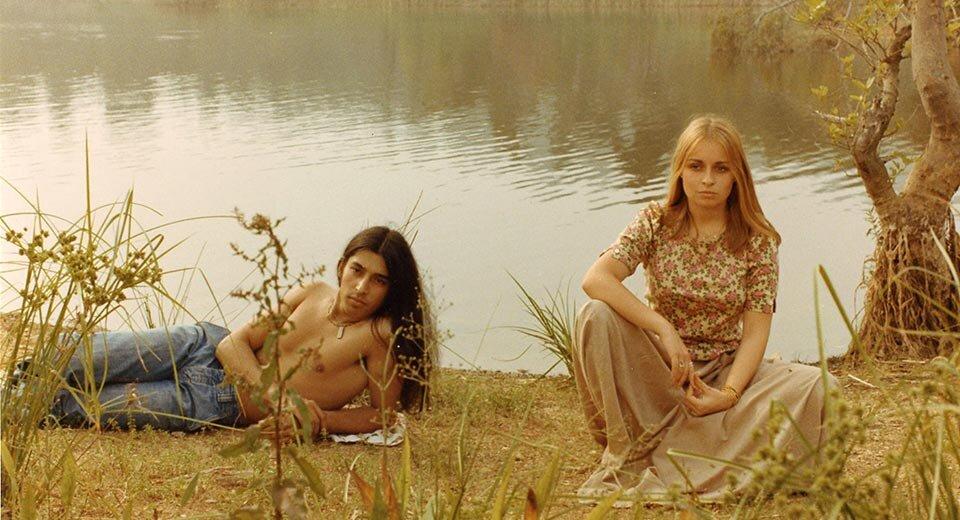The Sonoma Film Institute hosted another profoundly engaging film night this past Sunday: the Institute played the riveting film “One Sings, The Other Doesn’t.” The French film encaptivated the audience, and shocked students with timeless content. The feminist film provokes the mind and breaks boundaries when thinking in terms of what women’s feminism looked like in 1970’s France.
The right for a woman to control her body is a major topic which continues to be spoken about and discussed in the United States to this date. With all that is happening in the political system, and the landmark Supreme Court case of Roe v. Wade being questioned and reevaluated, the decision to play this film was fitting. The film does not solely focus on whether or not a woman has a choice on what to do with her body, but also sheds light on the women’s liberation movement as a whole.
“I was surprised to see how, with issues back in 1970, we still see these issues today,” says Sonoma State Senior, Michaela DelCurto, continuing by saying, “it is crazy to see how much progress has been made, but how much we still need to change.”
“One Sings, the Other Doesn’t” starts off slightly morbid, but the tone changes as the film progresses. Students were able to witness a beautiful story of friendship which survived the hardships and trials that life took to them. Suzanne (Therese Liotard) and Pomme (Valerie Mairesse) are not fortunate enough to be around each other always, but when they are finally separated, the two women are able to continue their friendship through letters which show a glimpse into the life of each woman. Pomme leaves her normal life to become a feminist advocate in the music industry, and Suzanne returns to the life she had before her abortion and the death of her partner, to live on her parents small farm.
The feature film brings up real life issues while also enticing the audience with whit and a serious storyline. When the theme of women’s liberation comes up, slipping into the film is effortless. Director Agnes Varada portrays the life of Pomme and Suzanne, demonstrating the loss of innocence that women go through, along the journey of adulthood.
“One Sings, the Other Doesn’t” empowers women and shows that women can be strong, and create a life for themselves through having strong beliefs and fighting for them. This is accredited through the friendship which Pomme and Suzanne hold, although Suzanne was much older than Pomme, Pomme had the strength and courage to help Suzanne when she was in need. This is what women should be doing to empower one another.
Sonoma State Junior, Karina Preciado, says, “It really helped me realize that women’s empowerment of one another can change an entire situation. Without the money which Pomme had gotten for Suzanne to have an abortion, it wouldn’t have been possible. This honestly shows the will and the way friends go for one another.”
As the film comes to an end, students were able to reflect on the lives of these women, and their journey of friendship as they come together one last time on the farm which Suzanne had gone to live on. As they enjoy their time together, a song of feminism plays in the background, bringing back the film’s main goal: women’s empowerment and liberation.




































